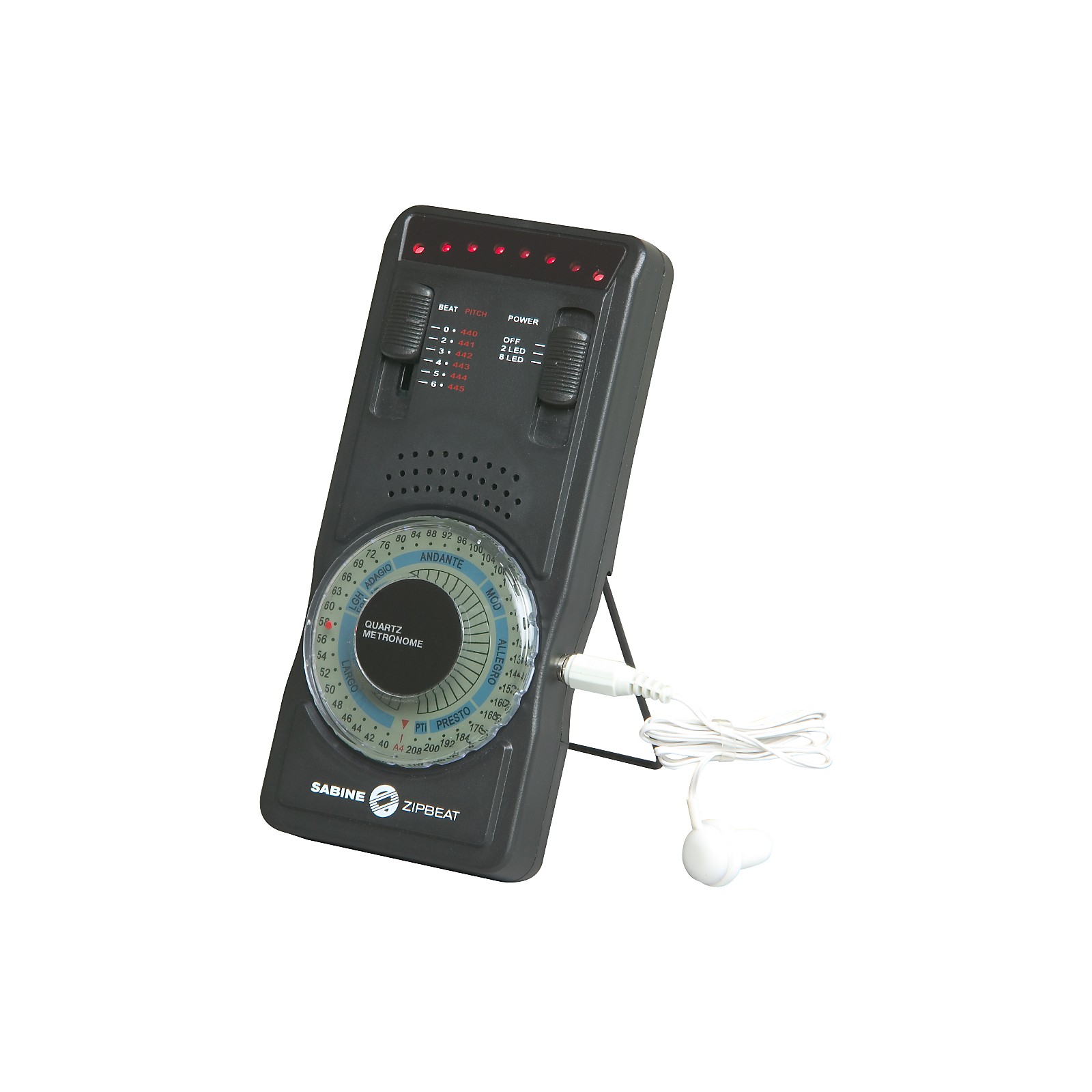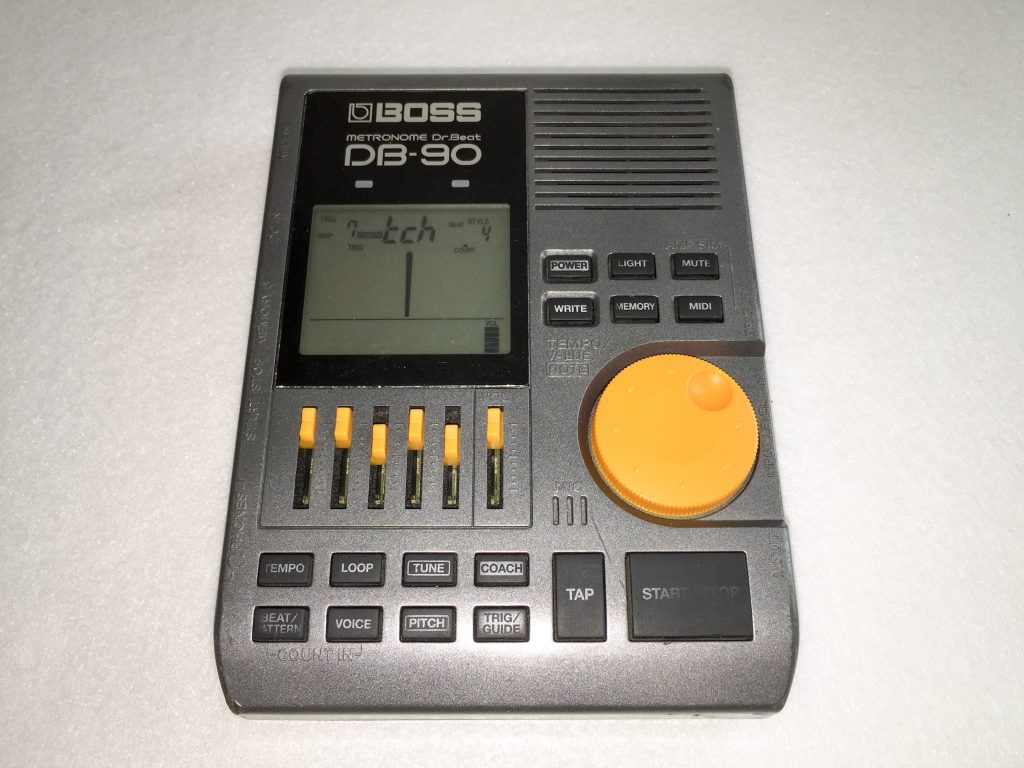
The Executive Order also permits the notarization performed by a licensed Delaware attorney who is in good standing with the Supreme Court of Delaware. The State of Delaware also issued the Eleventh Modification of the Declaration of a State of Emergency, authorizing notarial acts “by utilizing audio-visual technology (remote notarization),” provided that certain conditions are met 16. This Order automatically expires when the state of emergency is terminated 15.

The State Bar of Georgia suggests re-executing of certain legal documents such as a will, a trust instrument, or a power of attorney after COVID-19 when feasible 13.Īlso, Arkansas issued Executive Order 20-12 14 on March 30, 2020, suspending in-person witnessing and signature requirements for notarization. In addition, the governor of Georgia issued an Executive Order 04.09.20.01 to suspend the purported requirement under Georgia law that notarial acts and witnessing must be executed in-person until Ap12. According to the updated guidance issued by the New York Secretary of State, New York allows signatories to sign using electronic signatures in accordance with the New York Electronic Signatures and Records Act, provided that the notary witnesses the electronic signature. This directive was originally effective through J10 and has now been extended to Maby Executive Oder 202.7 11. 202.7 stating that “any notarial act that is required under New York State law is authorized to be performed utilizing audio-video technology” provided that certain conditions 7 are met 8 9. In response to the COVID-19 emergency, the State of New York issued an Executive Order No.

However, some states like Maryland and Utah require the notary is physically located for RON in the state of execution.īesides the aforementioned 29 states, nearly every state legislature has submitted a RON bill for consideration. We have notaries certified to perform RON in our Nevada office and Minnesota office who have successfully completed RON. Among the 29 states, some states, including the two Ballard states of Nevada and Minnesota, provide that the notary need not be physically located in the state of execution of the applicable party. In the 29 states that have already adopted RON statutes, documents executed and notarized remotely and electronically are valid and binding. Now Pennsylvania notaries can begin to conduct RONs once they notify the Pennsylvania Department of State (DOS) 6 of their intention to do so and identify the communication technology that they intend to use (which must conform to any standards that the DOS may establish). On October 29, 2020, Pennsylvania became the twenty-ninth state to enact remote online notarizations or House Bill No. On March 5, 2020, Wisconsin enacted the Revised Uniform Law on Notarial Acts and became the twenty-third state to authorize notaries to perform remote online notarizations. The states that have implemented Remote Online Notarization (“ RON”) statutes include: Alaska, Arizona 2, Colorado 3, Florida, Hawaii, Idaho, Indiana, Iowa, Kentucky, Louisiana, Maryland, Michigan, Minnesota, Missouri, Montana, Nebraska, Nevada, North Dakota, Ohio, Oklahoma, Pennsylvania, South Dakota 4, Tennessee, Texas, Utah, Vermont, Virginia, Washington and Wisconsin. However, as of October 2020, only 29 states have laws that enable their notaries to conduct remote notarizations.

Today, electronic notarization is legally authorized in all states by E-SIGN and/or UETA. Once the legal basis for electronic signatures was established, states began addressing the need to notarize electronic documents and remote online notarization. These two states have enacted their respective comparable electronic signature legislation in lieu of adopting UETA.

While the remaining two states, New York and Illinois, have implemented their own statues addressing electronic signatures, Washington enacted UETA effective as of J1. UETA has been adopted by the District of Columbia, Guam, Puerto Rico, and every state except Illinois and New York. At the federal level, the Electronic Signatures in Global and National Commerce Act (“ E-SIGN”), was passed by Congress in 2000, authorizing the use of electronic signatures and notarizations for transactions between two or more parties in all jurisdictions where federal laws apply. The Uniform Electronic Transactions Act (“ UETA”) proposed by the Uniform Law Commission (“ ULC”) in 1999 presented ways for states to effectuate electronic signatures with the same legal validity of wet ink signatures. E-Signatures and Remote Online Notarization:


 0 kommentar(er)
0 kommentar(er)
